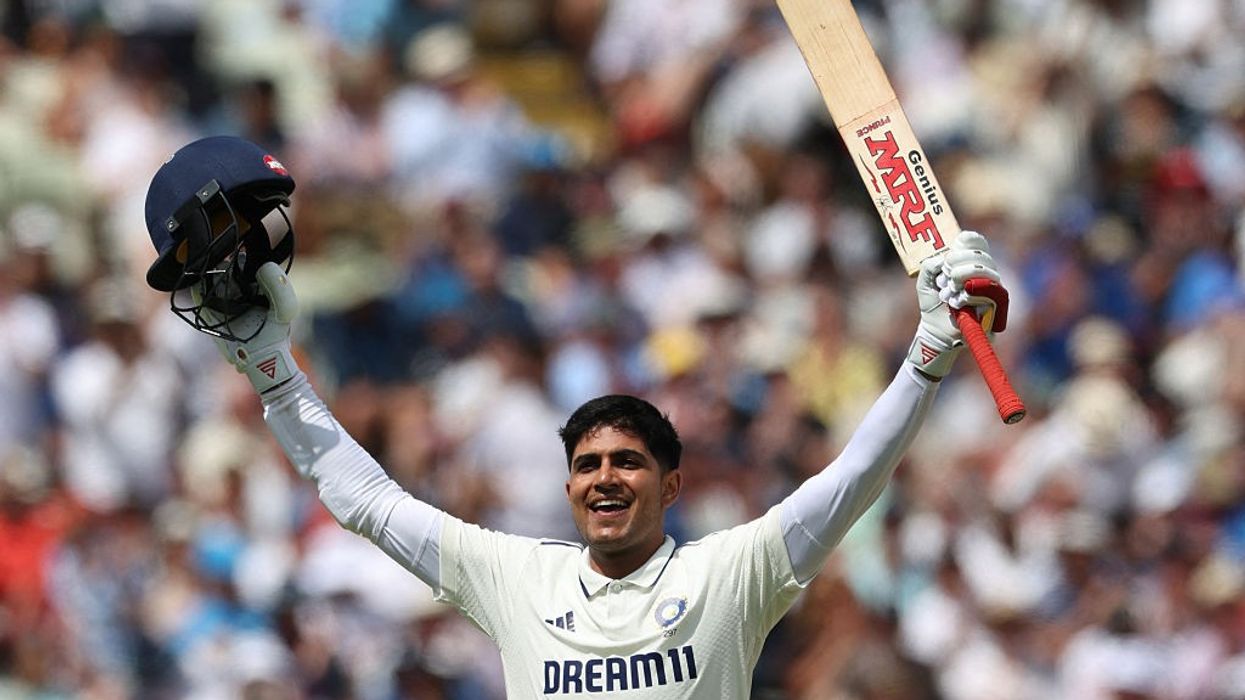INDIAN prime minister Narendra Modi today (27) held wide-ranging talks with his Japanese counterpart Shinzo Abe on the global economy, issues of fugitive economic offenders, and disaster management.
It was the first meeting between the two leaders since the start of Japan’s Reiwa era and Modi’s re-election after the general polls.
Modi thanked Abe for his warm welcome to him and the Indian delegation visiting Japan for the G20 Summit. He also appreciated Japan’s leadership as the G20 chairman.
Briefing media, Indian foreign secretary Vijay Gokhale said it was a ‘warm’ meeting the two prime ministers who are ‘old friends’ and they had a “very constructive and detailed discussion” on the bilateral relationship.
“Abe initially began discussion with his expectation from the G20 Summit. They spoke about the importance of focussing on global economy,” Gokhale said.
Japanese prime minister referred to the prime minister Modi’s initiatives on the earlier G20 meetings on the issue of fugitive economic offenders and he said the G20 should deal with this problem as part of its anti-corruption measures.
Abe also underlined the need to find appropriate measures to check the global trade issues and data flows and underlined that the G20 should also come up with a constructive message on the issue of climate change.
“These are the areas where Abe hoped that he would get the understanding and support of the G20 members, including that of India,” Gokhale said.
Prime minister Abe also referred to his forthcoming visit to India for the Annual Bilateral Summit.
“Abe emphasised the importance of preparing for this summit properly including through ministerial meetings, through various exchanges in infrastructure, defence, outer space, digital economy and start-ups,” the foreign secretary said.
The two leaders also had a brief discussion on the Mumbai-Ahmedabad High Speed Rail Corridor and on a convention centre being built in Varanasi, prime minister Modi’s constituency. They agreed on the delivery of both the projects on time.
Modi appreciated the work Japan is doing in the infrastructure projects in North East India.
Prime minister Modi also sought Japan’s assistance in building disaster resilient infrastructure. Modi said Japan’s support in this area is crucial because of its experience in disaster management, rehabilitation and reconstruction.
Japan has a long history of awareness of the importance of disaster risk reduction.
Gokhale said India is seeking collaboration among countries having the capacity to handle disasters. “Every time a disaster occurs immediate relief is given, but after that small vulnerable developing countries are left to fend for themselves- it means, focus on rebuilding infrastructure without which economy cannot regain its position,” he said.
“Prime minister Modi wants to link the disaster management capacities of the countries together so that if a disaster occurs leaders of counties know whom to go to and how to get help, rather than beginning from scratch,” he added.
“This is not to compete with UN organisations which are in relief and rehabilitation because this is about building infrastructure- India has experience and capacity to handle disasters, we can take a lead in it,” he said.
The two leaders also emphasised the need to jointly take up projects in the neighbourhood. Modi said one of the important projects India and Japan are taking forward is setting up a cancer hospital in Kenya.
(PTI)
















